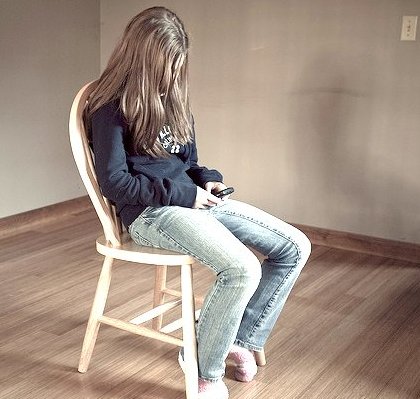It’s one of toughest times for parents when the kids, who they have raised into teens with their hands, give them clues about their suicidal state of mind. Many parents find it difficult to cope with the “what ifs” involved in any such circumstance. It’s really alarming and frightening no doubt; some parents may even find themselves suffering from acute depression, as a result.
Teen Suicidal Thoughts: What Are The Reasons?
Depression is the first step towards having suicidal thoughts. When a person’s ability to consciously and realistically tackle a problem is lost, only then, can they think about suicide, without considering the consequences.
These are the 5 top triggers for depression. Have a look.
- Hormonal imbalance.
- Disturbed brain chemistry.
- Genetic predisposition i.e. inherited from parents.
- Early childhood trauma resulting from abuse, bullying, loss of a parent etc.
- Preconceived mind negative mind and outlook of life.
Factors leading to depression are subject to external risk factors. For example, teens can suffer anxiety and stress from obesity, long term bullying, school problems, different sexual orientation (such as LGBTQ) and any other issue that is detrimental to their self-esteem, consequently changing their perspective about suicide.
Gender is another risk factor. Teen girls 15 and over are more likely to be depressed than boys. Kids’ personal traits like pessimism can also influence their mental health.
What To Do If You’re Kid Is Having Suicidal Thoughts?
Suicide threats are never to be taken lightly. Whether it is college application drama or cyberbullying, if your kid isn’t able to deal with it, results can be pretty gruesome. After a teen’s initial deathblow or shock, parents need to devise a plan that can lower their anxiety and depression immediately. A few things that every parent must do are:
- Never ignore the symptoms. There are tons of markers that can indicate that a teen is not having a normal life. Check for these symptoms:
- Change in eating habits.
- Change in sleeping patterns. Spending more time in bed.
- Violence.
- Substance abuse.
- Mood swings.
- Complains about headaches, fatigue or stomach issues.
- Verbal clues like saying hopeless stuff.
- A period of cheerfulness, followed by depression.
Don’t ignore the suicide threats given by your child. Your immediate response must be to satisfy what they want. Once they will be able to relax through that phase, they will be ready to listen to other more realistic things.

Comments are closed.